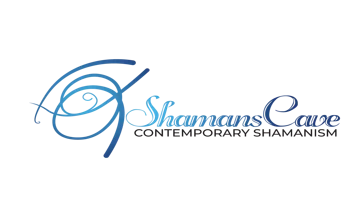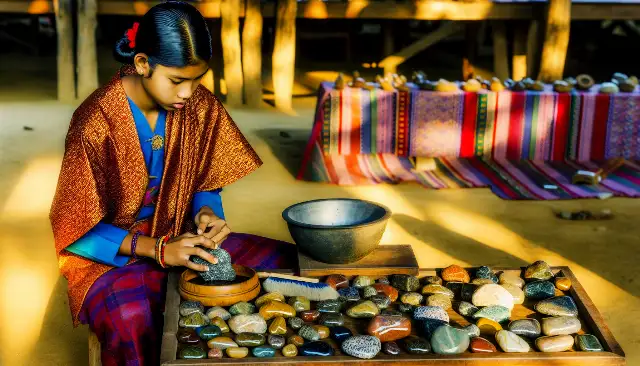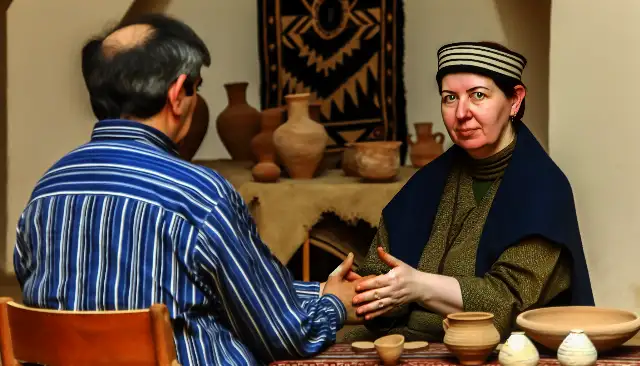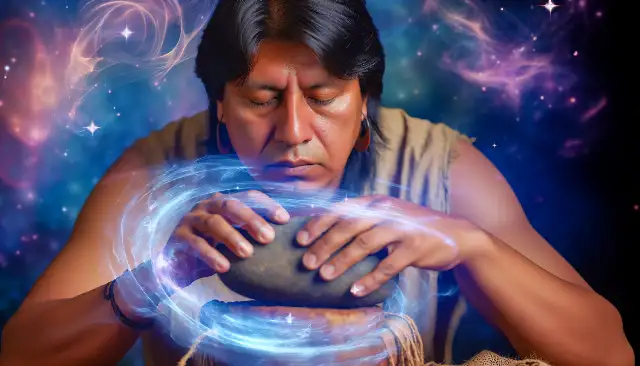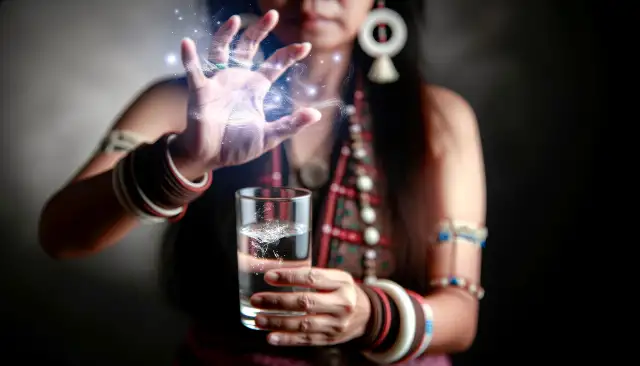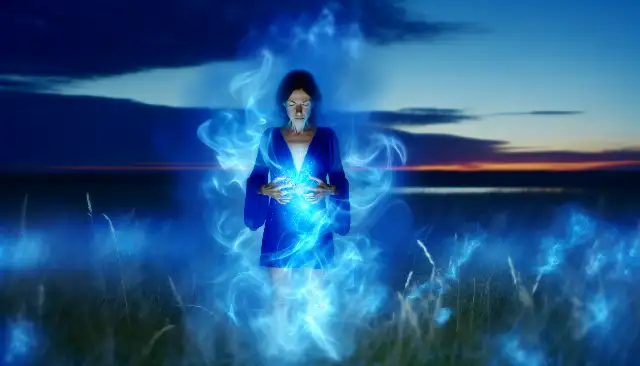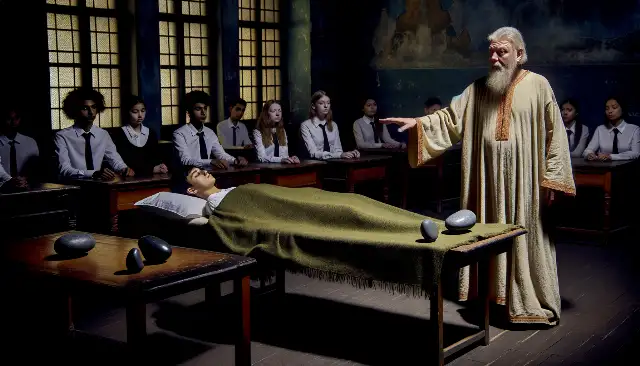404 - Page Not Found
We're sorry, but we couldn't find that page.
We tried really hard, rattled some bones, scried
some water, chickens may even have been involved at some point.
But, it was nowhere to be found. We're sad.
Here are some options that might help get you where you want to go
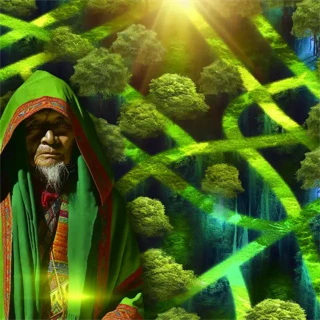
Our SiteMap
Our sitemap offers a list of links to all the content sections in ShamansCave. This makes it easy to narrow down the topics you may be interested in for easy access.
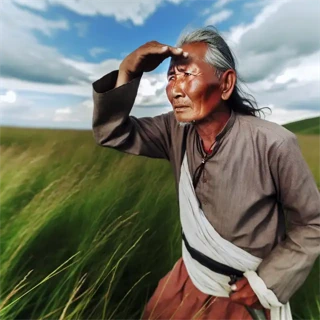
Still Lost? Contact Us!
Still can't find what you're looking for in the menus? Feel free to contact us using our friendly contact form. We would love to hear from you.
